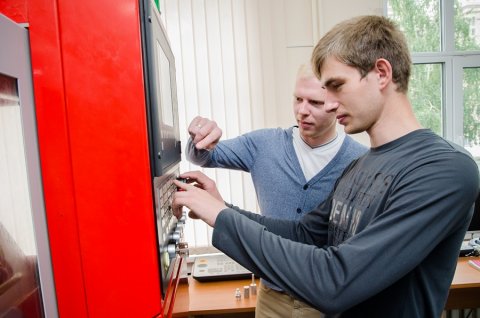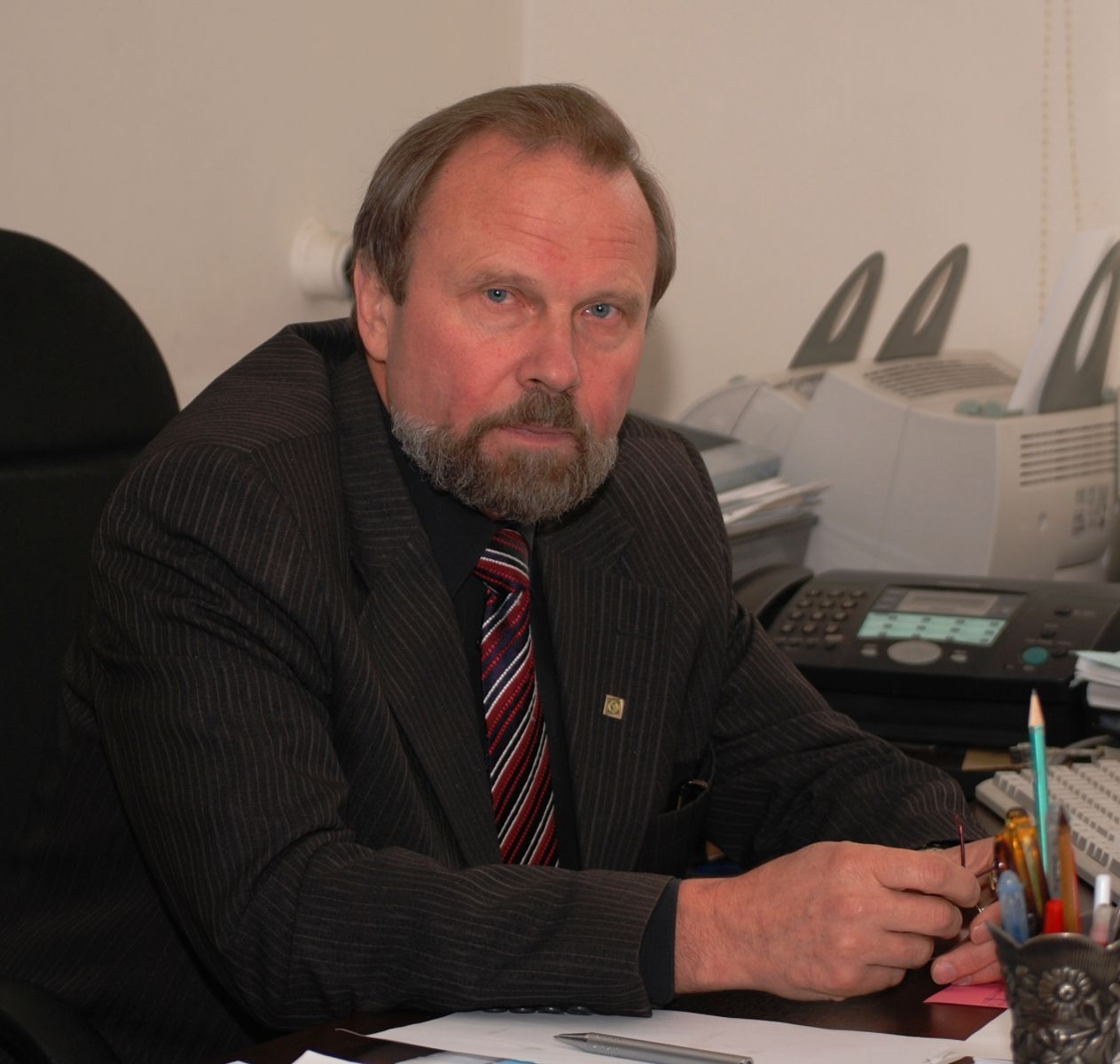The development of the digital economy and transition to Industry 4.0 directly depends on high-tech industry which must meet the demands of global competitiveness, efficiency, and high productivity. Today, the development strategy of the SUSU Faculty of Mechanics and Technology within Project 5-100 involves digital technologies and robotic technological systems in mechanical engineering as a response to the demands of modern Russian society to the training of engineers who are ready to solve both typical and unique tasks in design, manufacture, and safe operation of modern technical systems.
From Mechanics to Digital Technologies
With the goal of developing Russia in accordance with the international technological trends, the Russian Federation Government has developed a road map called “TechNet” (advanced industrial technologies) of the National Technological Initiative. The main provisions of TechNet laid the foundation for the development strategy of the Faculty of Mechanics and Technology of the SUSU Institute of Engineering and Technology.
“Right now, total digitization, automation, and intellectualization of industry are developing rapidly around the world. So, we need specialists who have interdisciplinary skills and are ready to work in teams completing big projects. In the Faculty of Mechanics and Technology, we put emphasis on automation in manufacturing and on business processes. This implies more in-depth training for students in mastering computer-aided design, analysis, and the manufacture and testing of industrial products,” says Dean of the SUSU Faculty of Mechanics and Technology, Professor Viktor Guzeev, Doctor of Sciences (Engineering).
Photo: V.I. Guzeev
Modern businesses need specialists who are prepared to develop and implement technological processes, select equipment and instruments, and design of control programs for computer numerical control lathe (CNC).
“You could say that we have been working on digital technologies since CNC stands appeared. In the 70s, mechanical engineering businesses began to implement technologies for processing components on CNC stands. Many new issues arrived in relation to specific characteristics of the technologies of their implementation. In the Faculty of Mechanics and Technology, we created of the best in our country CNC lathe laboratory with some most modern equipment to offer lessons and theoretical and experimental research,” explains Professor Viktor Guzeev.
Photo: Practical lessons in the Mechanical Engineering REC
Work in Modern Laboratories
Today the faculty has 18 laboratories, including those for mechatronic complexes and systems, systems for automated design of technological processes, flexible automated manufacturing, and systems of automated programming for CNC lathes. Besides the faculty’s laboratories, staff and students of the Faculty of Mechanics and Technology have the opportunity to perform research and laboratory work in the Mechanical Engineering Research and Education Center, which is fitted with both unique equipment for research and with small teaching stands to strengthen the necessary knowledge and skills for designing technological processes and control programs for CNC lathes.
“Our students undertake their practical training to master the basics of digital technologies already after their first year,” continues Viktor Guzeev. “In this practical training, they complete digital drawings for machine parts and design 3D models. In the later courses, they will work on computer design of technological processes and with the CNC lathes. Our graduates will have no difficulties creating control programs for lathes with computer numerical control.”
.jpg)
Photo: Mechanical Engineering REC
The Mechanical Engineering REC is equipped with modern processing systems by MORI SEIKI (Japan) company, coordinate measuring machine CMM-1000 (Lapic company), electrical discharge machine by Sodick (Switzerland), and a laboratory installation by 3D Systems (USA) for manufacturing parts from metal powders. Students of the Faculty of Mechanics and Technology learn to use this equipment in practical and laboratory classes.
New Academic Programs
The most promising fields which need to be developed are digital design and modelling, additive technologies, and robotics. Therefore, this year, the SUSU Institute of Engineering and Technology has opened a new Master’s programme on Robotic Automation of Technological Processes. Three departments will be involved in training specialists in this programme: Department of Technology for Automated Mechanical Engineering and Department of Mechatronics and Automation of the Faculty of Mechanics and Technology, and the Department of Machines and Processes of Pressure Metal Working of the Faculty of Materials Science and Metallurgy Engineering.
“From their first year, students will learn programming of robots and robot organisation. In their second year, they will move to one of the departments and will work on their qualification projects on the application of robots in certain technological processes. Such specialists will gain interdisciplinary skills and will be able to work in teams completing big projects,” says Dean of the Faculty of Mechanics and Technology. “Today, students are already involved in project groups for the companies AlphaINTEX, Magnitogorsk Iron and Steel Works, and Uctech-Profi Educational Equipment Manufacturer.”
The majority of graduates from the Faculty of Mechanics and Technology work in engineering or managerial jobs in many businesses in Chelyabinsk and the Chelyabinsk, Sverdlovsk, Kurgan, Rostov, and Moscow regions of Russia, and abroad. Some of them organise their own businesses in mechanical engineering and other industrial fields.






